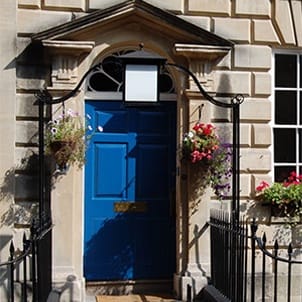Amphetamines are a class of stimulant drugs known for their powerful effect on the central nervous system. These substances, which include drugs like Adderall, methamphetamine, and dextroamphetamine, are often prescribed for conditions like ADHD and narcolepsy due to their ability to increase focus, attention, and control over wakefulness. Unfortunately, their ability to produce euphoric effects, increase energy, and enhance self-esteem has led to a significant number of people becoming addicted and unable to function normally without regularly taking amphetamines. In the long run, amphetamine abuse can lead to severe and crippling physical and mental health disorders, including irregular heartbeat, increased risk of stroke and heart attack, depression, and psychosis.
Dealing with an amphetamine addiction on your own is challenging beyond description. Casual amphetamine misuse can quickly manifest into severe psychological addiction and dependence, leading to extremely uncomfortable and mentally exhausting withdrawal symptoms. These withdrawal symptoms can quickly drive one back to abuse.
Gladstones Clinic offers hope and a chance to beat amphetamine addiction the first time around. With hundreds of patients having overcome their amphetamine addiction under our care, our integrative, holistic, and non-12-step residential treatment programmes have proven themselves time and time again.
Gladstones Clinic has a proven track record and more than 20 years’ experience in helping people recover from amphetamine addiction.









